Diet Doctor Kelp, If you’ve been searching for a natural, nutrient-dense supplement offering impressive health benefits, look no further than kelp. Known as a “superfood of the sea,” kelp has become increasingly popular for its high iodine content, essential minerals, and antioxidants. From thyroid health to weight management, kelp offers various advantages that make it a valuable addition to almost any diet. But what exactly is kelp, and why is it so beneficial? In this article, we’ll dive into the science behind kelp, uncover its nutritional secrets, and discuss how it can be incorporated into your daily routine for optimal health.
Diet Doctor Kelp: What is Kelp?
Kelp is a brown algae that flourishes in underwater forests, particularly in cold, nutrient-dense coastal waters. It’s part of a more prominent family of seaweeds, edible marine plants that have been a staple in many Asian diets for centuries. Known for its nutrient-dense profile, kelp has recently gained traction as a dietary supplement due to its high concentrations of iodine, antioxidants, and other essential minerals. Diet Doctor Kelp is often available in dried, powdered, or capsule form, making it an accessible and convenient option for people looking to harness its health benefits.
Nutritional Profile of Kelp
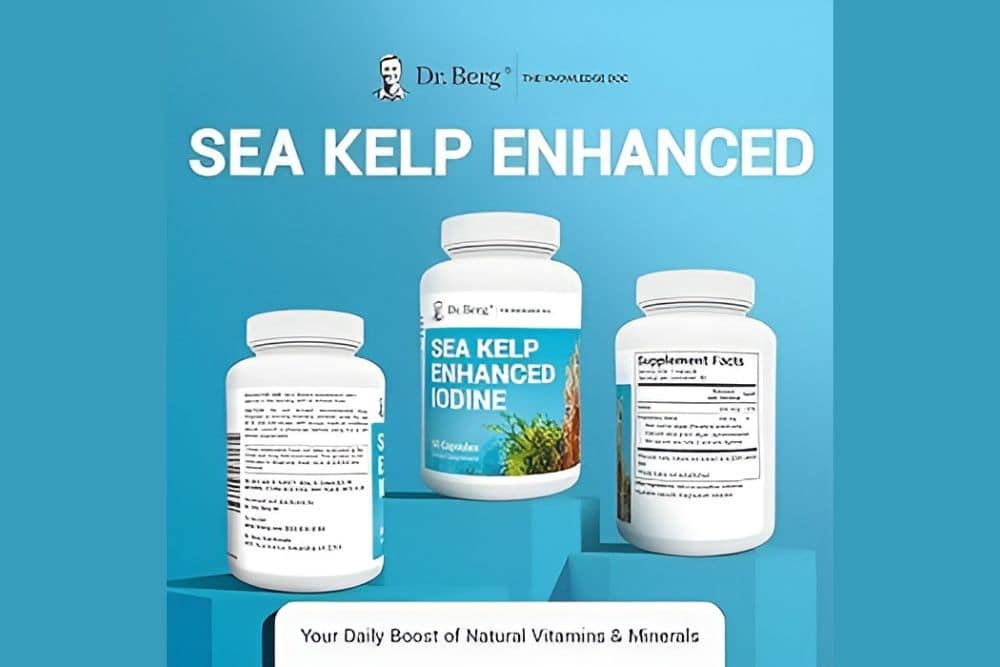
Kelp is exceptionally nutrient-dense, offering a broad range of vitamins, minerals, and antioxidants essential for good health. Here is a closer look at the vital nutrients found in kelp:
Iodine: Diet Doctor Kelp is one of the richest natural sources of iodine, a mineral necessary for thyroid function. A healthy thyroid helps control metabolism, growth, and energy levels.
Calcium: Kelp contains calcium, which is crucial for bone health, muscle function, and nerve signaling.
Iron: Iron is vital for red blood cell production and transporting oxygen throughout the body, making kelp a good option for people who need to boost their iron intake.
Magnesium: This mineral plays a key role in regulating muscle and nerve function, blood sugar levels, and energy production.
• Potassium: An essential electrolyte, potassium helps maintain fluid balance, support nerve signals, and regulate muscle contractions.
Vitamins A, C, and K: These vitamins support immune health skin health, and play various roles in cell growth and repair.
Antioxidants: Diet Doctor Kelp is rich in antioxidants like carotenoids, flavonoids, and alkaloids, which can help protect cells from oxidative damage.
Health Benefits of Diet Doctor Kelp
Supports Thyroid Health
Kelp’s rich iodine content makes it especially beneficial for supporting thyroid health. The thyroid relies on iodine to produce hormones and regulate physical growth. An iodine deficiency can lead to hypothyroidism, which causes symptoms like fatigue, weight gain, and mental fog.
Enhances metabolism and supports weight loss
By supporting thyroid health, kelp indirectly helps maintain a healthy metabolism. Additionally, kelp contains a natural fiber called alginate, which can help curb appetite by promoting feelings of fullness. Some studies suggest that alginate may reduce fat absorption in the gut, supporting weight management.
Rich in Antioxidants
Kelp is packed with antioxidants, which are crucial in combating oxidative stress. Antioxidants help neutralize free radicals, reducing the risk of chronic diseases and slowing aging. Regular intake of antioxidants is linked to improved skin health, reduced inflammation, and a lower risk of diseases like cancer.
Supports Cardiovascular Health
The magnesium and potassium content in kelp can support cardiovascular health by helping to regulate blood pressure and improve blood circulation. Magnesium helps relax blood vessels, which can lower blood pressure, while potassium balances sodium levels in the body, further promoting a healthy cardiovascular system.
Provides Essential Minerals for Bone Health
Combining calcium, magnesium, and vitamin K is a beneficial supplement for maintaining strong bones. These minerals are crucial for bone density, and vitamin K is essential in bone formation.
Enhances Skin Health
Kelp is often used in skin care products due to its high vitamin C and antioxidant content. Vitamin C aids in collagen production, which is vital for skin elasticity and healing. The antioxidants in kelp help combat environmental damage to the skin, promoting a healthier, more youthful complexion.
Improves Digestive Health
Alginate, a fiber found in kelp, can benefit digestive health by helping to regulate bowel movements and maintain a healthy gut lining. Alginate also acts as a prebiotic, feeding beneficial gut bacteria and supporting a balanced microbiome.
How to Incorporate Kelp into Your Diet?
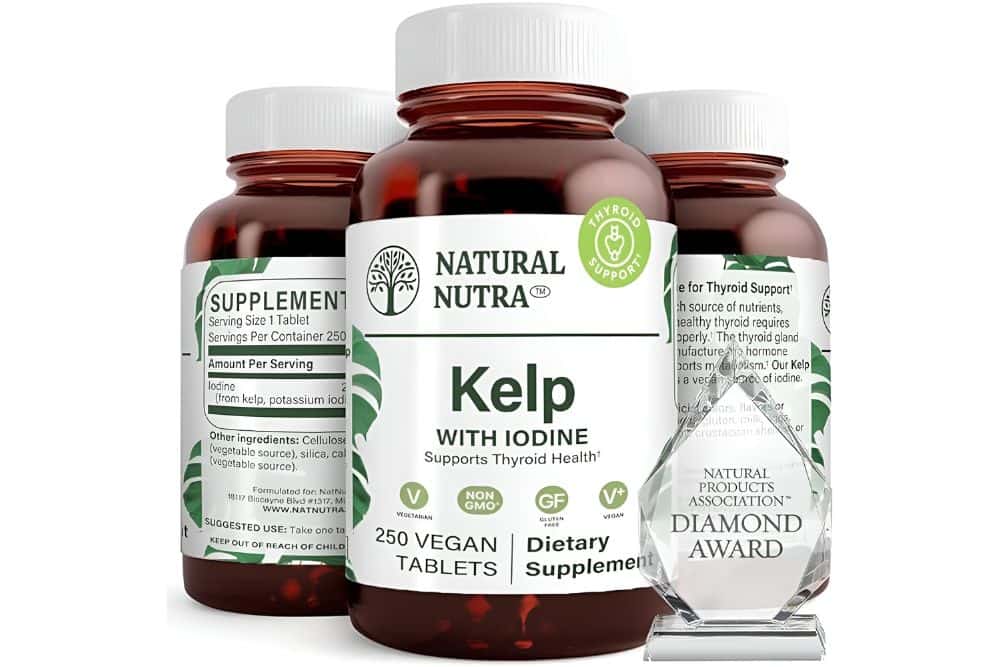
Incorporating kelp into your diet is simple and versatile. Here are a few ways to enjoy the health benefits of kelp:
Kelp Powder: Kelp powder is easy to add to smoothies, soups, or even sprinkles on food. A tiny amount can provide a potent dose of iodine and other minerals.
Kelp Capsules: For convenience, kelp capsules are a simple way to get your daily dose without altering the taste of your food.
Kelp Noodles: Kelp noodles are a popular low-carb, gluten-free noodle option. They’re great in salads or as a pasta substitute.
Dried Kelp Snacks: Dried kelp, also known as seaweed crisps, is available in most health food stores and provides a salty, crunchy snack alternative.
Fresh Kelp in Cooking: Using Fresh Kelp in Cooking: Fresh kelp can be incorporated into soups, stews, and stir-fries. As a result, it absorbs flavors well.
Is Kelp Safe for Everyone?
Kelp is safe for people when consumed in small amounts, but certain important factors should be considered:
Iodine Sensitivity: Due to its high iodine content, consuming too much kelp can lead to an excess of iodine, which can cause thyroid issues. Those with thyroid conditions or iodine sensitivity should consult a healthcare professional before adding kelp to their diet.
Heavy Metal Contamination: Because kelp grows in the ocean, it can sometimes contain heavy metals like arsenic, lead, and mercury. Choosing high-quality, tested products from reputable sources can help reduce this risk.
Digestive Sensitivity: Some may find that kelp or other sea vegetables cause mild digestive discomfort. Start with a small amount and observe your body’s reaction.
Frequently Asked Questions About Kelp
Can I Eat Kelp Every Day?
Eating small amounts of kelp daily is generally safe for most people, but it’s best to avoid excessive intake due to its high iodine content. Moderation is key.
Is Kelp a Good Substitute for Salt?
Yes! Kelp can be used as a seasoning to add a salty flavor without the added sodium. Kelp powder or flakes are great options for this purpose.
what’s the Difference Between Kelp and Other Seaweeds?
Kelp is a type of brown algae, whereas other types of seaweed, like nori and dulse, are different varieties with varying nutrient profiles. Kelp tends to be particularly rich in iodine compared to other seaweeds.
Can Kelp Help with Hair Growth?
The minerals and antioxidants in kelp may help promote hair health. Iodine and iron, in particular, promote hair growth by supporting thyroid health and oxygen transport.
The Environmental Impact of Kelp
Beyond its nutritional value, kelp also has environmental benefits. Kelp forests are essential in absorbing carbon dioxide, supporting marine biodiversity, and protecting coastlines from erosion. Sustainable kelp farming has minimal environmental impact compared to other forms of agriculture, making it an excellent choice for eco-conscious consumers. By choosing sustainably sourced kelp, you’re benefiting your health and supporting a healthier planet.
Conclusion
Kelp, a nutrient-rich sea vegetable, offers a variety of health benefits that make it a powerful addition to almost any diet. From supporting thyroid health and metabolism to improving skin and cardiovascular health, kelp’s nutritional profile is impressive. Whether you’re looking to boost your iodine intake, manage your weight, or add a unique flavor to your meals, kelp provides a versatile, eco-friendly option that aligns with a healthy lifestyle. Remember that moderation is vital, especially if you’re sensitive to iodine.
As you explore the world of kelp, you’ll discover that this seaweed is not only beneficial but easy to incorporate into your diet. Whether you retry kelp powder in your smoothie, add dried kelp snacks to your lunch, or season your meals with kelp flakes, the possibilities are endless. Embrace the natural power of kelp and experience the health benefits of this ancient superfood from the sea.





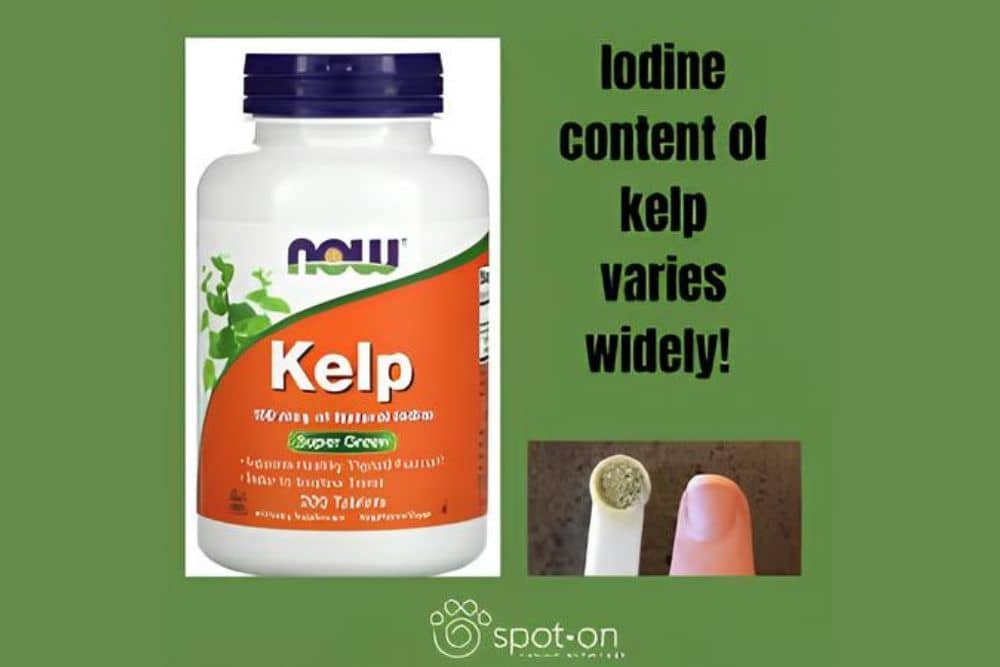


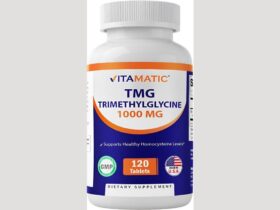
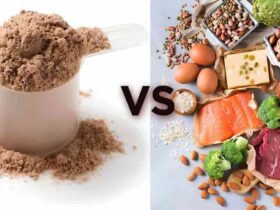





Leave a Reply